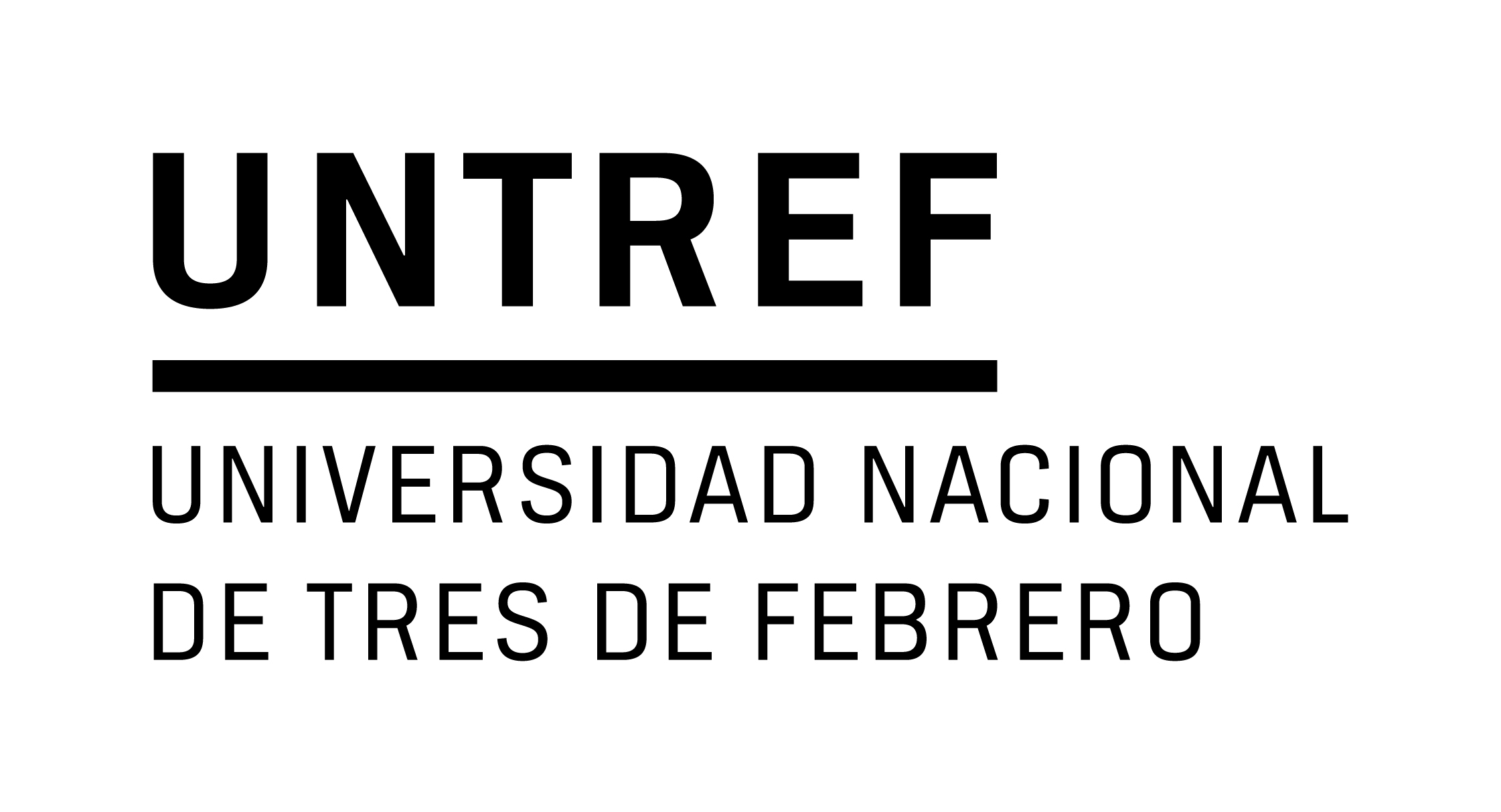Chinese abolitionism : the Chinese Educational Mission in Connecticut, Cuba, and Peru
Por: Rimner, Steffen .
.
Tipo de material:  Artículo Tipo de portador: ImpresoTema(s): TRATA DE PERSONAS
Artículo Tipo de portador: ImpresoTema(s): TRATA DE PERSONAS| Tipo de ítem | Ubicación actual | Signatura | Info Vol | Estado | Notas | Fecha de vencimiento | Código de barras | Reserva de ítems |
|---|---|---|---|---|---|---|---|---|
| Publicación Periódica | Biblioteca UNTREF - Sede Posgrados | H94(100)/GLO (Navegar estantería) | Vol. 11, no. 3 (nov. 2016) | Disponible | CSR | 2.009580 |
This article explores a little known facet of transnational opposition to forced labour through the earliest case of 'Chinese abolitionism'. It analyses the transnational formation of the first Sino-American actor network in the United States and its deployment in the 1874 investigations of coolie conditions in the forced labour regimes of Cuba and Peru. At the core of this actor network was the Chinese Educational Mission and its milieu of sociability, which served as a crucible of transnational cooperation between the first Chinese America experts and their US supporters. The flows of information, cosmopolitan ideas, and personnel across this network led to an unprecedented reinterpretation of the global coolie trade as a key concern in Qing foreign relations and a serious international problem that paralleled the problem of slavery. Two Qing interventions harnessed the actor network's social capital, framing coolie abuse as an international atrocity, accelerating the abolition of the coolie trade, and signalling the need for a Chinese Foreign Service in Western countries for the protection of Chinese overseas.
